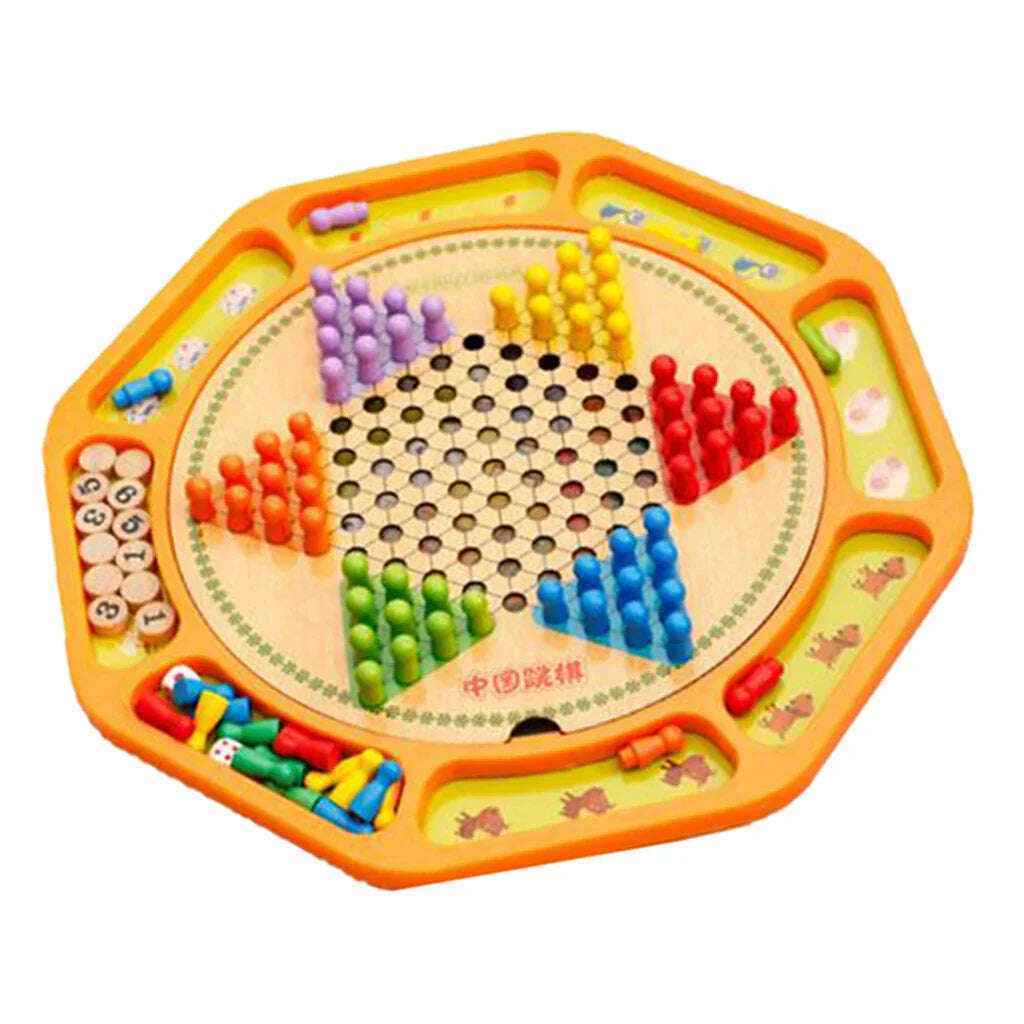
Understanding the Fundamentals of Strategy Games
Share
Strategy games have captivated players for centuries, offering a robust and engaging mix of decision-making, tactical planning, and skillful execution. Whether conquering ancient civilisations or leading futuristic armies, the fundamental elements of strategy games provide a framework for enjoyment and critical thinking. Here, we delve into these core attributes to better appreciate and understand the allure of strategy games.
The Importance of Planning and Foresight
One of the most significant aspects of strategy games is their emphasis on planning and foresight. Players are required to assess various scenarios, project future developments, and make decisions that will shape the outcome of the game. This reliance on thinking ahead and preparing for the unexpected underpins the challenge and excitement of these games. A successful strategy not only considers immediate moves but also anticipates potential long-term implications.
Decision-Making Under Pressure
While strategy games reward careful planning, they also demand quick thinking and adaptability. Players must often make decisions under pressure, weighing several options and deciding on the most beneficial course of action. This high-stakes environment mirrors real-world strategic scenarios, offering players an opportunity to hone their decision-making skills.
Resource Management
Effective resource management is another pillar of strategy games. Whether it is managing a nation's economy, maintaining a balanced supply chain, or efficiently utilising in-game assets, strategy games challenge players to allocate resources wisely. Successful players will maximise their gains while minimising waste, adjusting their strategies as the game progresses.
Tactical Execution
Once a plan has been formulated, it requires careful execution. Nothing tests a player's mettle more than seeing a well-laid plan in action. This aspect of strategy games focuses on operational decisions and tactical maneuvers. It is here that players apply their strategic insights in a tangible and often exhilarating manner. From commanding troops in battle to executing major economic exchanges, precise execution is crucial to achieving victory.
Learning from Failure
Failure is an integral part of the strategy game experience. Each defeat provides valuable insights into what went wrong, offering players the chance to learn, adapt, and improve. Such games foster a growth mindset, encouraging players to embrace challenges and evolve strategies over time.
Social Interaction and Competition
Strategy games often foster a unique form of social interaction. Whether competing against friends in a board game or engaging with other players in an online platform, strategy games offer an arena where personalities and tactics collide. This competitive spirit not only enhances the experience but also promotes camaraderie among participants.
Conclusion
Strategy games go beyond mere entertainment—they provide a platform for developing critical skills such as strategic thinking, resource management, and adaptability. These games challenge players to think creatively and strategically, offering endless opportunities for improvement and success. Embrace the challenge and enjoy the fascinating world of strategy games.
For more engaging content and discussions about games, visit our website at Meeple Worx.
